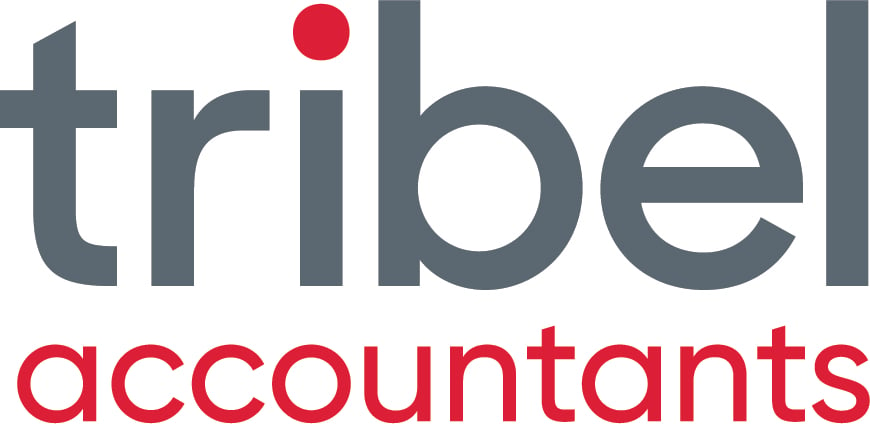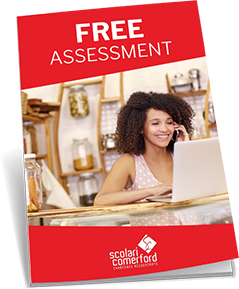Recently my post looked at why you should consider getting a business valuation and everybody knows how their business should be valued, right? Well not exactly. Choosing the right method can make a massive difference to the end result. Valuation is not a precise science but here are some of the more common ways business valuers will value a Small To Medium Enterprise.

Method # 1 Capitalisation of Future Maintainable Earnings
Suitable for:
- Mature profitable businesses;
- Consistent history of earnings (not volatile);
Calculation:
 Value = (maintainable earnings x capitalisation rate) + surplus assets.
Value = (maintainable earnings x capitalisation rate) + surplus assets.
Strengths
- Most common method used;
- Relies on past performance as a predictor
Weaknesses
- Assumes past will be the same as future;
- Not as reliable if earnings are volatile;
Method # 2 Net Tangible Assets
Suitable for:
- Businesses with little or no goodwill;
- Businesses whose balance sheet is dominated by tangible assets;
Calculation:
- Value = sum of net tangible assets.
Strengths
- Very conservative;
- Lower risk when making a business value assessment
Weaknesses
- No allowance for any goodwill;
Method # 3 Discounted Cash Flow
Suitable for:
- Businesses with certain revenue streams (e.g. subscription based, IT types or maintenance contracts);
Calculation:
- Value = discounted value of future free cash flows plus terminal value.
Strengths
- Strong technically;
- Focuses on future streams being purchased
Weaknesses
- Requires solid reliable future data;
Method # 4 Cost To Create
Suitable for:
- Businesses with little or no goodwill;
- Micro or start up businesses with history of losses;
Calculation:
- Value = sum of total set up costs with a limited premium for convenience.
Strengths
- Very conservative;
- Reasonably easy to calculate;
Weaknesses
- No or little allowance for any goodwill;
Method # 5 Industry Multiplier or Industry
Suitable for:
- Franchises;
- Businesses in sectors with large numbers (e.g. hotels, real estate);
Calculation:
- Value = accepted method for that industry (e.g. certain number of revenue or earnings).
Strengths
- Close to market expectations;
- Lower risk when making a business value assessment
Weaknesses
- Ignores valuation principles including return on investment usually;
CONCLUSION:
In order to understand what your business is worth, it's vital to select the right business valuation method specific to your circumstances. To boost its value, sit down with your business advisors and work out a plan linking business performance with the right drivers.
Failure to do so could lead to the wrong conclusion of value significantly.

.png?width=100&height=100&name=COVID_Safe_Badge_Digital%20(002).png)



